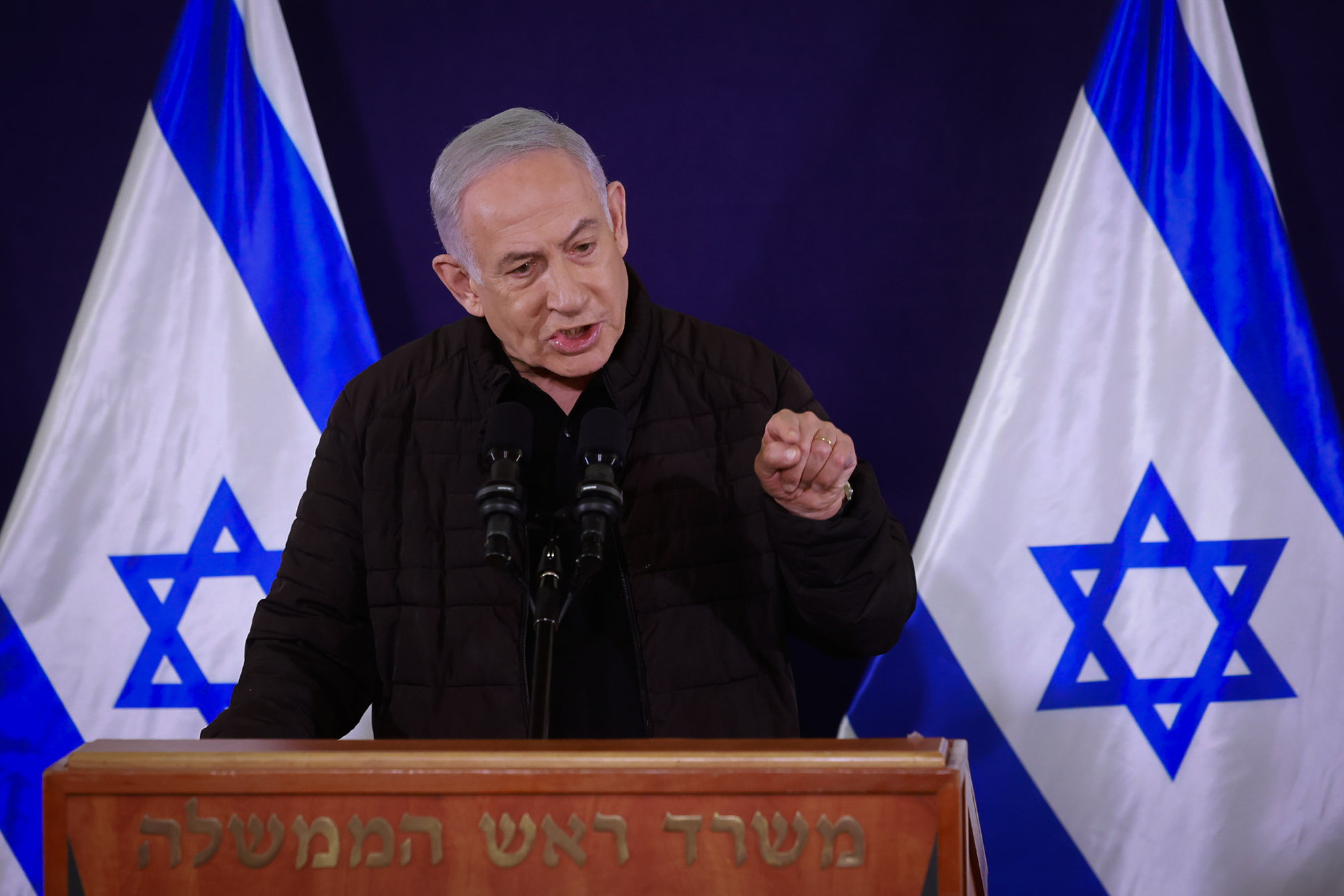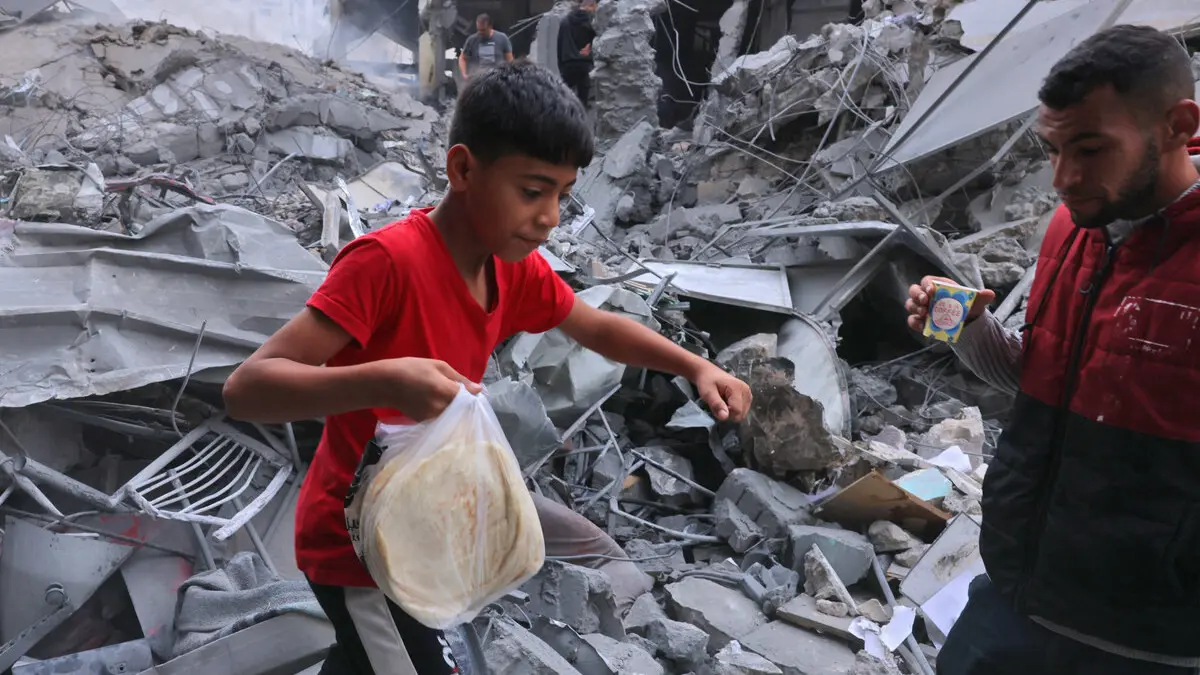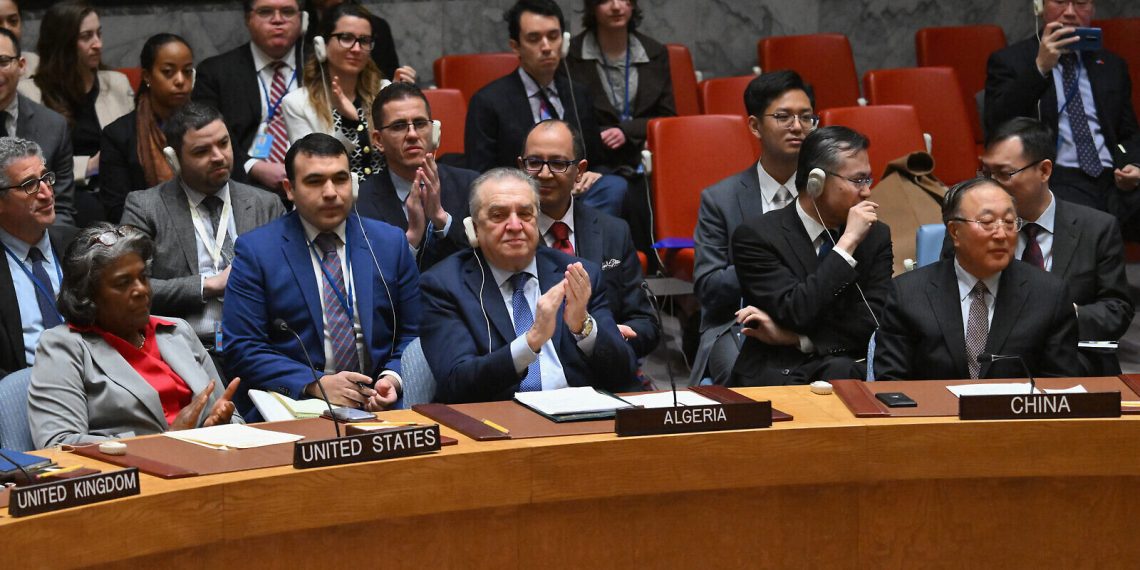The United Nations Security Council passed a resolution urging an immediate ceasefire between Israel and Hamas, with the United States abstaining from voting, leading to friction with Israel, its ally. The resolution, proposed by the council’s 10 elected members, received approval from the other 14 members.
Israeli Prime Minister Benjamin Netanyahu criticized the U.S. for not using its veto power, describing it as a significant deviation from its previous stance.
Netanyahu argued that this decision would hamper Israel’s ongoing efforts to secure the release of over 130 hostages held by Hamas.

The White House defended its abstention, clarifying that it didn’t signify a policy shift but rather an alignment with the critical objectives outlined in the resolution. However, this stance drew ire from Israel, which viewed it as a departure from their mutual understanding.
Following the U.N. vote, Netanyahu canceled a planned visit to Washington, where discussions on a military operation in Gaza were scheduled. This abrupt decision was seen as an overreaction by U.S. officials, further straining diplomatic relations.
The resolution underscored the urgent need for a ceasefire during Ramadan, a sentiment echoed by U.N. Secretary-General Antonio Guterres, who emphasized the resolution’s implementation.
Hamas welcomed the resolution, expressing readiness for immediate prisoner swaps, signaling a potential breakthrough in the conflict. However, Lebanon’s caretaker prime minister urged international pressure on Israel to halt attacks on Lebanon, highlighting regional tensions.

The U.S. Ambassador to the U.N., Linda Thomas-Greenfield, reiterated the importance of a ceasefire coupled with the release of hostages, reflecting the complexity of the situation.
While Security Council resolutions carry legal weight, their effectiveness hinges on compliance. The resolution’s emphasis on humanitarian aid and lifting barriers to Gaza underscores the urgency of addressing the humanitarian crisis.
Despite the resolution’s passage, challenges remain in achieving lasting peace in the region, with the specter of conflict looming large.


















